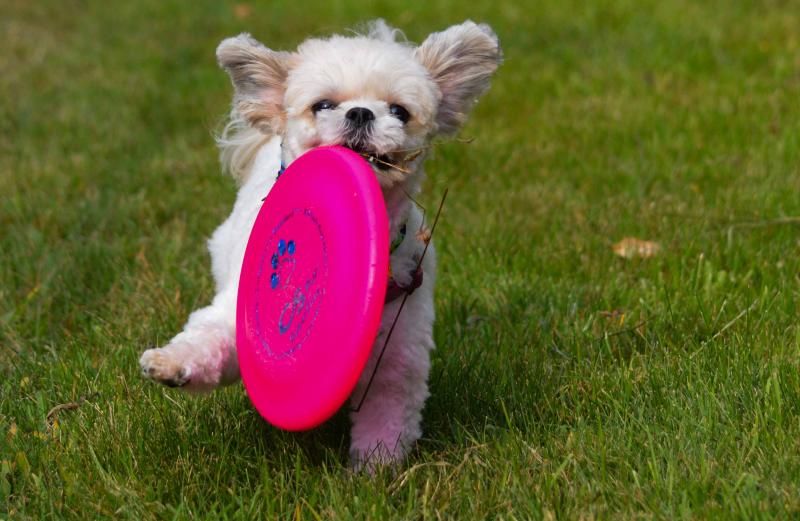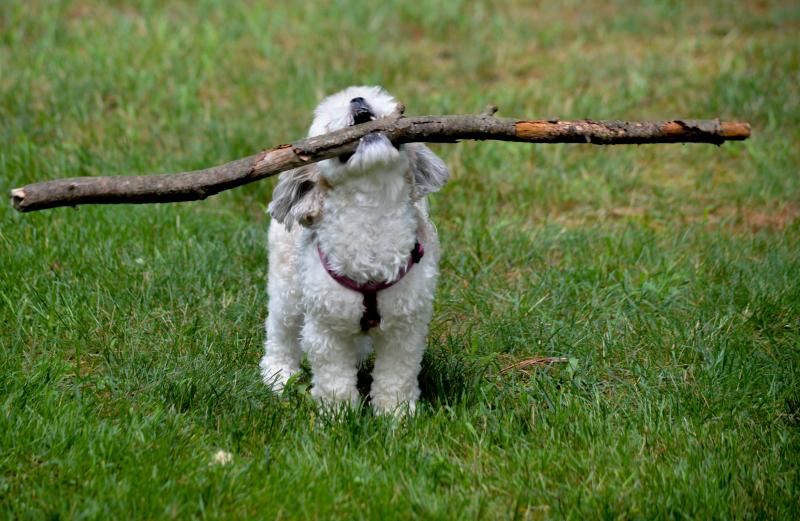For those that have had not small dogs and added a small dog, what were the biggest differences?
Things that surprised you?
Anything I should keep in mind if I were to add a small dog?
Basically anything I should know?
And if anyone wants to throw in benefits and things they really like about having a small dog feel free to do that!
I grew up with big dogs (65lbs and 90lbs), and I now have two small dogs (both 25lbs) and one big dog (90lb). I had Missy before I had Jack and Heidi.
There aren't a whole lot of differences or things that surprised me. They're still dogs and they do normal dog things lol.
I will say that it's nice having dogs that are really portable! They fit in vehicles easier (and I have a very small vehicle), their crates take up less room in the house, they take up less room when I bring them to work, etc. I can carry them by myself if necessary, which comes in handy for any injuries or anything - it would take at least two people to lift Missy.
They eat less, so less money on food, supplements, chews because everything's in smaller amounts or sizes.
I would worry about having a smaller dog and a larger dog in a situation where one or both of them want to roughhouse or play really hard. Both of mine are pretty sturdy, and while they play with each other, they don't really play with Missy very much. But something to keep in mind.
They don't really offer anything in the way of a visual deterrent like large dogs do, and they seem to be more of a stranger magnet - although that could very well be the "cute and fluffy" thing compared to a Rottweiler.
Obviously smaller dogs can slip through holes in fences and things easier than larger dogs. I have several baby gates with cat doors throughout my house, and I had a chihuahua mix foster dog that slipped right through them, so that did no good in keeping her confined.
Predators! Not something I've personally experienced living in a fairly urban area, but we have a lot of clients at work that are in more rural areas. I have seen dogs come into the clinic that have been attacked by a variety of wild animals, and they're nearly always small dogs. The larger dogs that come in after a wild animal encounter usually have less severe injuries and it's nearly always a case of the dog going after the raccoon or whatever and the raccoon fighting back. I've had clients say that they've witnessed hawks or owls swoop down and attack their smaller dogs.



